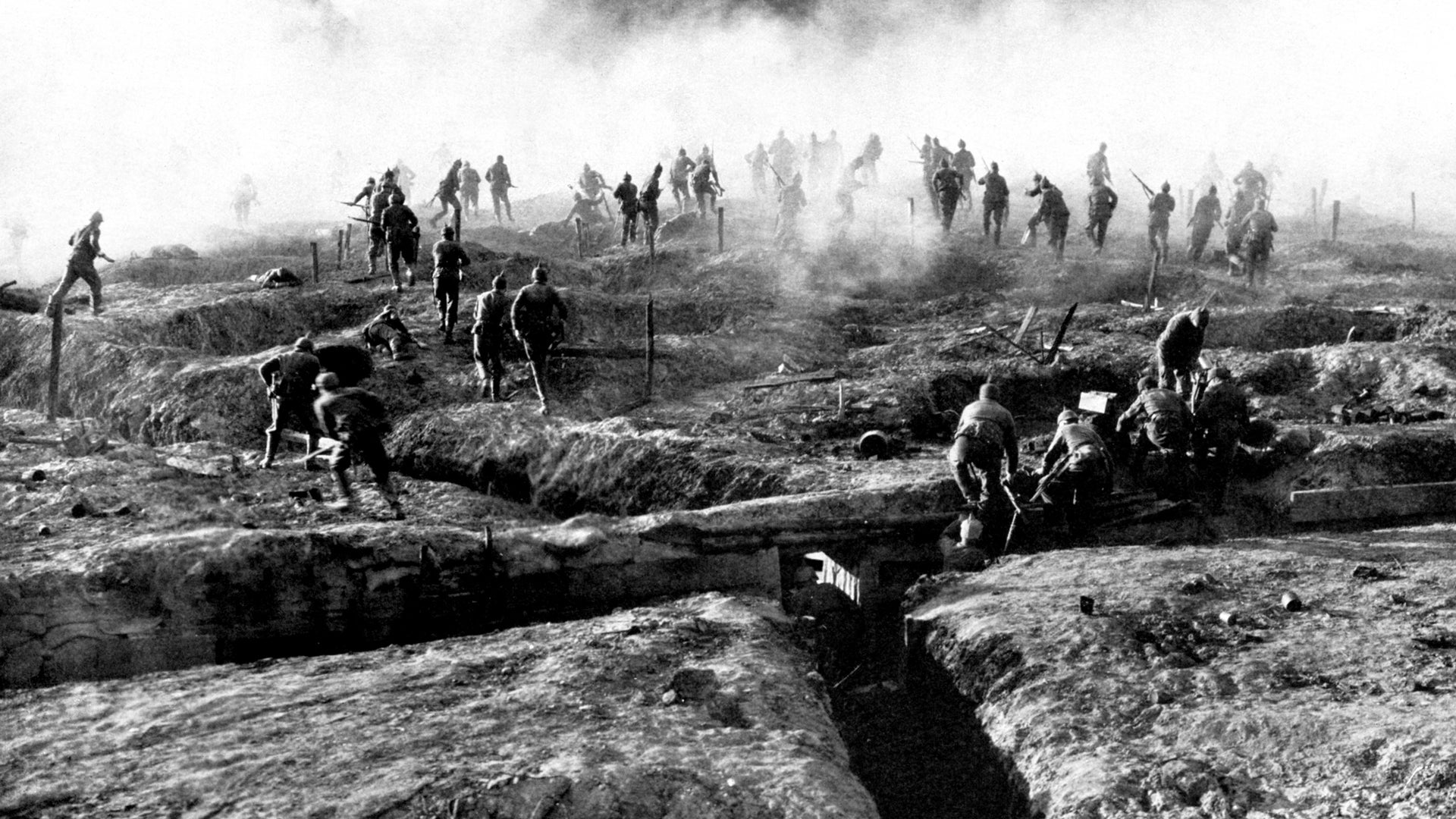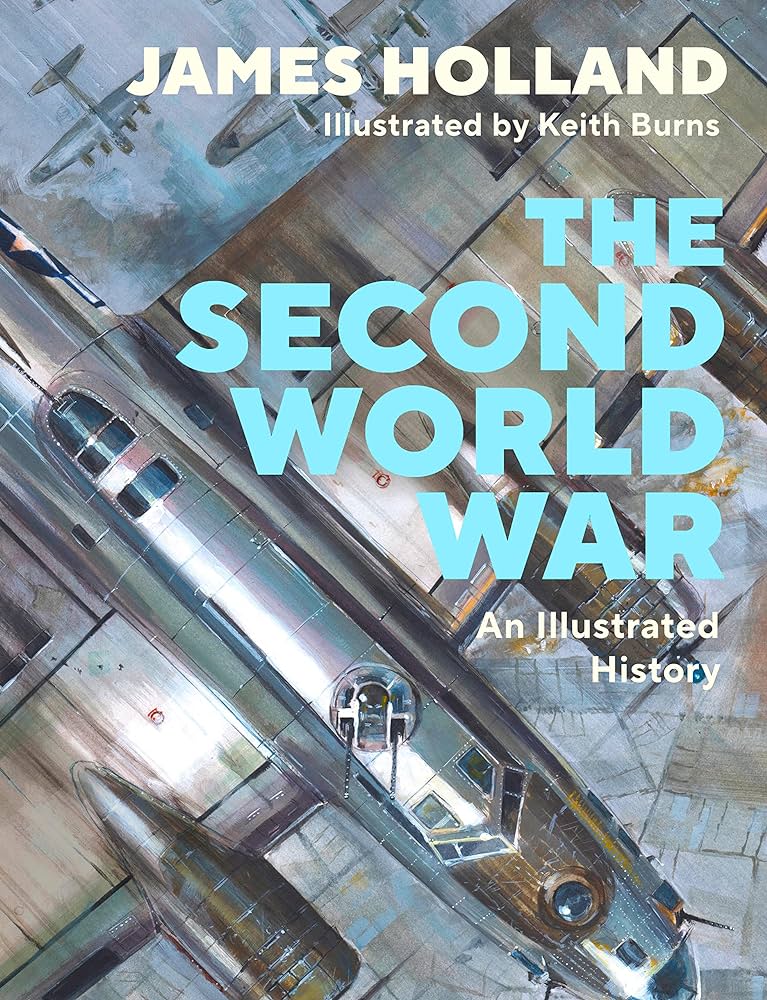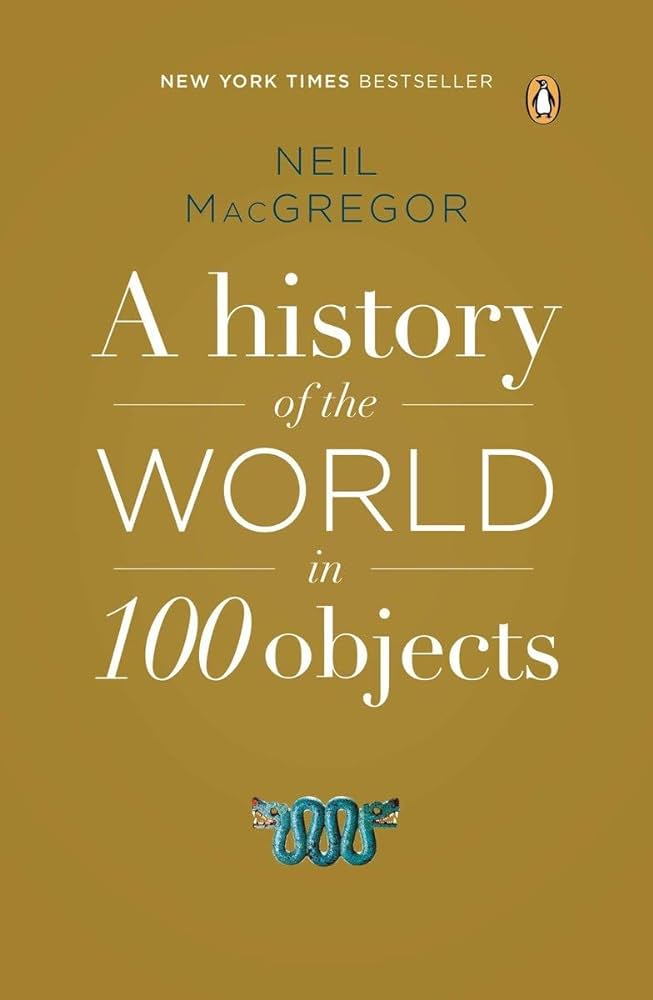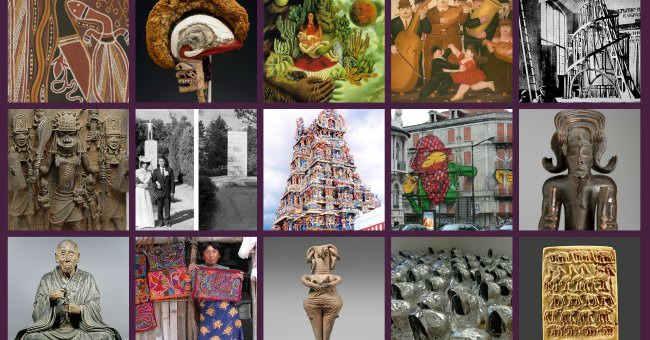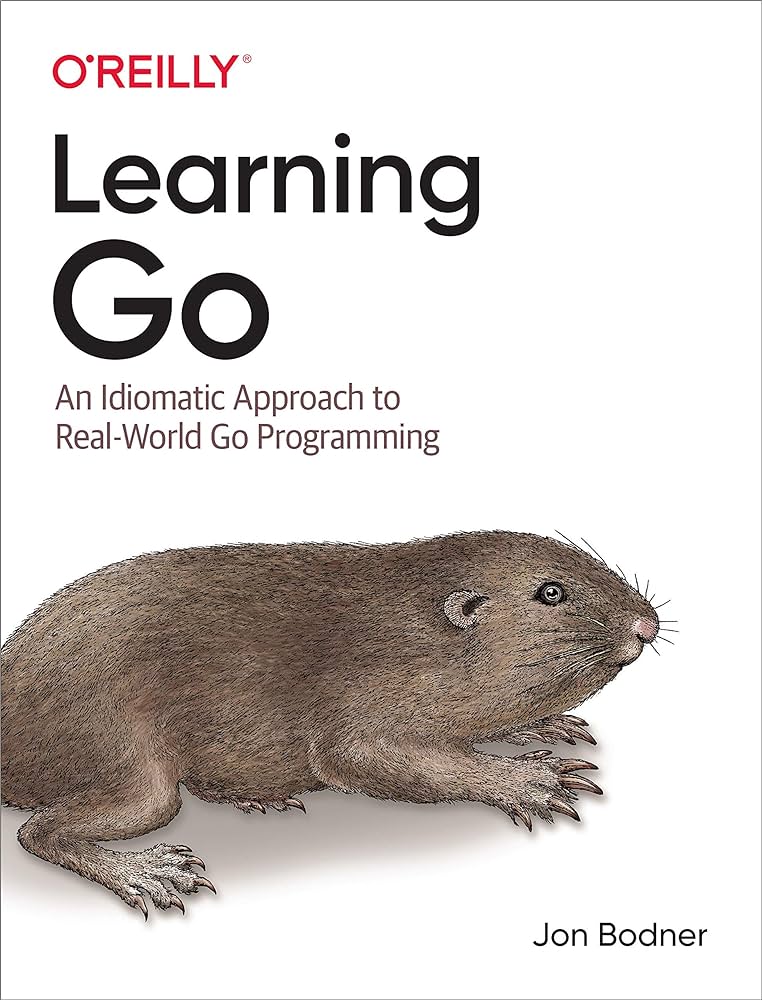Why Was World War 1 An Important Event In History
The First World War (1914 – 1918) was an incredibly important event in history because it marked a turning point in the way wars were fought and the way countries interacted with each other. It was the first total war, meaning that it involved the entire population of each country in a way that had not been seen before. The war also saw the emergence of new technologies, such as trench warfare, chemical weapons, and the use of airplanes and tanks. The war was also the first time that two great powers (the Triple Entente of Britain, France, and Russia, and the Central Powers of Germany, Austria-Hungary, and the Ottoman Empire) went to war with each other. The war also marked the beginning of the end of the European colonial empires, as the Ottoman Empire and Austria-Hungary were dissolved in its aftermath. The war also saw the emergence of the United States as a great power, as its involvement helped to tip the balance of the war in favor of the Allied Powers. Finally, the war had a lasting impact on international relations, with the creation of the League of Nations, the growth of the United Nations, and the Treaty of Versailles, all of which are still a part of the international order today.
The Causes of World War 1
World War 1, which lasted from 1914 to 1918, was one of the most significant events in history, and its causes and consequences are still felt today. The war was fought between two alliances, the Central Powers and the Allied Powers, and it resulted in more than 17 million deaths, making it one of the most destructive conflicts in human history. The war was primarily caused by a variety of factors, including political and economic rivalries, long-standing imperialistic conflicts, and the assassination of Archduke Franz Ferdinand of Austria-Hungary.
Politically, competition between European nations to gain control of resources and influence in other countries created a tense environment in the decades leading up to the war. Economic tensions between the two sides, such as a struggle for dominance in trade and industry, also contributed to the conflict. The most significant event that sparked the war was the assassination of Franz Ferdinand, which occurred after a Serbian nationalist group launched a terrorist attack against him. This event led to Austria-Hungary declaring war on Serbia, and the conflict quickly escalated into a global war.
The consequences of World War 1 were immense, with numerous global implications. The war resulted in the destruction of empires and led to the creation of new nations and borders. It also played a major role in the development of modern warfare and weapons technology, and it marked the beginning of the end of colonialism. The war also had a profound impact on the population, with millions of people dying and millions more being displaced. The effects of the war are still felt today, and it is essential that we understand its causes and consequences in order to prevent similar conflicts in the future.
The Major Events During World War 1
World War 1, a global military conflict that took place from 1914 to 1918, was one of the most significant events in modern history. It was fought between the Allied powers, including the United Kingdom, France, Russia, Italy, and the United States, and the Central Powers, including Germany, Austria-Hungary, Bulgaria, and the Ottoman Empire. Over 17 million people lost their lives in the war and millions more were injured.
During the war, some of the most important events that took place included the Battle of Verdun, one of the longest and most deadly battles of the war, and the Battle of the Somme, a major Allied victory that was ultimately a turning point in the war. Additionally, the war saw the introduction of new technologies, such as tanks, submarines, and aircraft, and the first use of chemical weapons, such as mustard gas. The war also led to the dissolution of the Ottoman Empire, the creation of new countries, and the emergence of the United States as a major power.
Ultimately, World War 1 was a transformative event in world history, one that had a lasting impact on the course of the 20th century and beyond. It is remembered as a conflict that changed the way wars are fought, and it continues to be studied by historians and military experts.
The Impact of World War 1
World War 1 was an important event in history as it marked a major turning point in the world. It was the first total war of the 20th century, which changed the power balance of the world and transformed the geopolitical landscape. This conflict had a profound effect on the course of history and its impact can still be felt today.
World War 1 was a major catalyst for social, economic, and political change. It gave rise to several new nations, such as Czechoslovakia, Yugoslavia, and Turkey, and significantly altered existing borders. The war also saw the rise of new political ideologies, such as communism and fascism, and the end of monarchy as a form of government.
The war also had a major effect on the global economy. It created a need for increased production, which meant more jobs and better wages for many workers. It also led to the creation of the League of Nations, an international body aimed at preventing future wars.
World War 1 was also a major cultural event that had a lasting impact on art, literature, film, and other forms of entertainment. Writers such as Ernest Hemingway and F. Scott Fitzgerald wrote about the war, while painters like George Grosz and Otto Dix documented it in their works. The war also saw the rise of propaganda films and radio broadcasts which helped to shape public opinion.
In conclusion, World War 1 was an important event in history that had a lasting effect on the world. It changed the geopolitical landscape, spurred economic growth, and had a major cultural impact. The war also served as a reminder of the devastating effects of conflict and a warning of what could happen if it is not prevented.
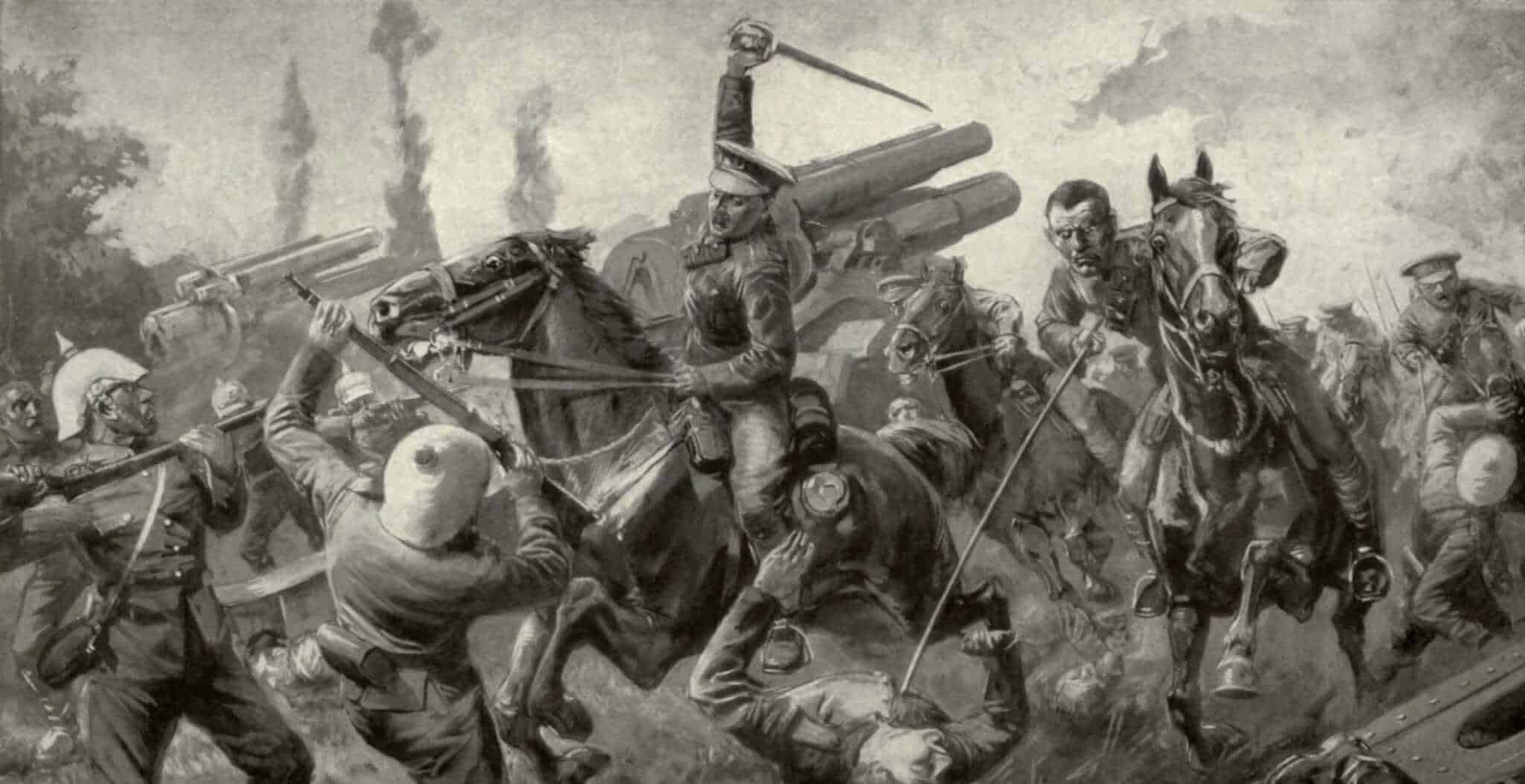
Political Changes After World War 1
The First World War was a major event in history as it changed the geopolitical landscape of Europe and beyond. One of the most notable political changes was the dissolution of the Austro-Hungarian Empire, which had been a major power in the region since the 19th century. Following the war, more than a dozen new independent states emerged, including Austria, Hungary, Czechoslovakia, and Yugoslavia. This reorganization of the region created a new balance of power, and opened the door for the eventual rise of the Soviet Union.
The aftermath of the war also saw the emergence of new international organizations such as the League of Nations, which was established with the goal of preventing future conflicts. While it ultimately failed in its mission, the League of Nations was the first international body of its kind, and laid the groundwork for the United Nations which was established after World War II.
The war also had a major impact on the development of international law. The Hague Conventions of 1899 and 1907, which established rules for warfare, were updated and expanded after World War I. These conventions, which are still in effect today, set out the rules for war, including the humane treatment of civilians and prisoners of war.
The First World War was a major turning point in world history, and its effects are still felt today. It marked the end of the old world order and the beginning of a new era of international relations. It also changed the political landscape, and laid the groundwork for the development of international law.
Social and Economic Changes After World War 1
World War 1 is one of the most significant events of the twentieth century that changed the course of history. It led to a major shift in the international political and social landscape and brought about sweeping changes in the economic, political and social spheres. But what were these changes?
The war caused a massive upheaval of social and economic structures in Europe and beyond. It triggered the collapse of the Austro-Hungarian, German, Ottoman and Russian empires and the rise of the Soviet Union. It also resulted in the redrawing of Europe’s political and geographical boundaries.
The economic costs of the war were immense and had a huge impact on the economies of countries across the world. The war saw the destruction of infrastructure, the devaluation of currencies, and the rapid inflation of prices. This led to increased poverty and unemployment, and the emergence of a new class of war profiteers.
The war also had a major impact on the lives of the people. The influence of the war was felt in the political, cultural and social arena, with new ideas, ideologies, and social movements emerging in its wake.
As a result of the war, the world was changed forever. It marked a major shift in global politics and the start of a new era of international relations. The war also had a major impact on the lives of people and the global economy. It is for these reasons that World War 1 remains an important event in history.
The Long-Term Consequences of World War 1
World War 1 was one of the most destructive events in human history. The four-year conflict between the Allied Powers and the Central Powers caused over 16 million deaths, millions of wounded and crippled, and the displacement of millions of people. The effects of World War 1 were felt long after it ended in 1918, with long-term political, economic, and social repercussions that still shape our world today.
Politically, the war helped to create the League of Nations, an international organization formed to maintain international peace and security. The League of Nations was the precursor to the United Nations, which was created after World War 2. Economically, the war saw the emergence of the United States as a world superpower, as well as the dissolution of the Austro-Hungarian Empire and the Ottoman Empire.
Socially, the war saw a rise in nationalism and a shift in the perception of women and class. Women gained more power and influence in society as they filled roles traditionally held by men during the war. Additionally, the war saw a rise in class divisions, as the wealthy profited from the war while the poor and working class suffered.
These long-term consequences of World War 1 still have an impact on the world today, and it is important to remember the historical significance of this event. By recognizing the importance of World War 1, we can better understand the current global context and prepare for future conflicts.
FAQs About the Why Was World War 1 An Important Event In History
1. What caused World War I?
World War I was caused by the assassination of Archduke Franz Ferdinand of Austria-Hungary by a Serbian nationalist in 1914. This triggered a series of events which eventually led to the war.
2. What were the effects of World War I?
World War I had a devastating effect on Europe, with millions of people killed and many more injured. It also ushered in a period of political instability, with the rise of authoritarian regimes, and the rise of communism in Russia.
3. Why is World War I considered an important event in history?
World War I changed the course of history by redrawing the political map of Europe and by introducing new technologies and tactics of warfare. It also led to the establishment of new international organizations, such as the League of Nations, and set the stage for World War II.
Conclusion
World War 1 was an incredibly important event in history that resulted in the reshaping of the world’s political landscape. It marked the end of the 19th century with a new era of global conflict and conflict management. The war’s legacy still impacts international relations today, from the formation of the League of Nations to the United Nations, the end of the colonial empires, and the emergence of the United States as a superpower. The war was a catalyst for technological advancement, social reform, and the dissolution of empires. It was a period of immense suffering, yet it also laid the foundation for a more peaceful world order.
